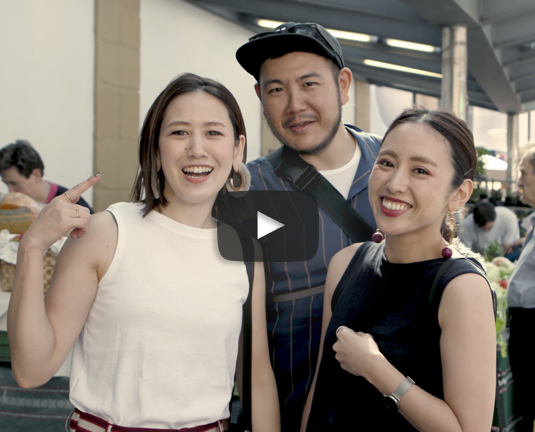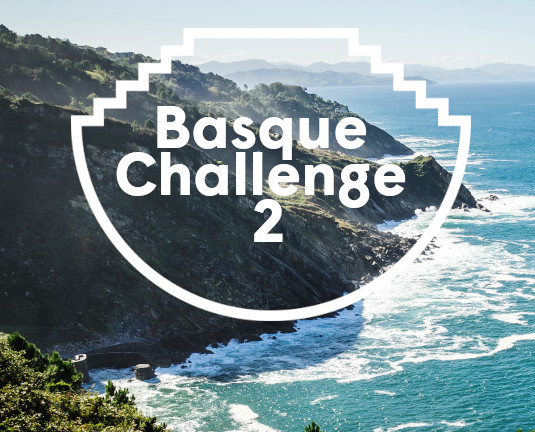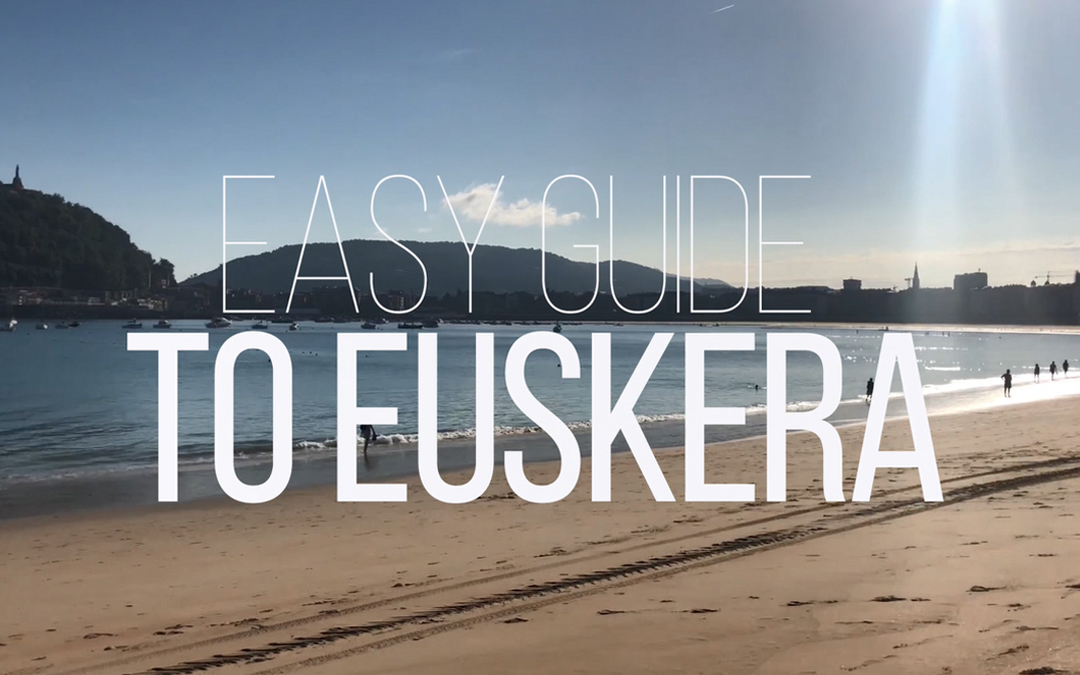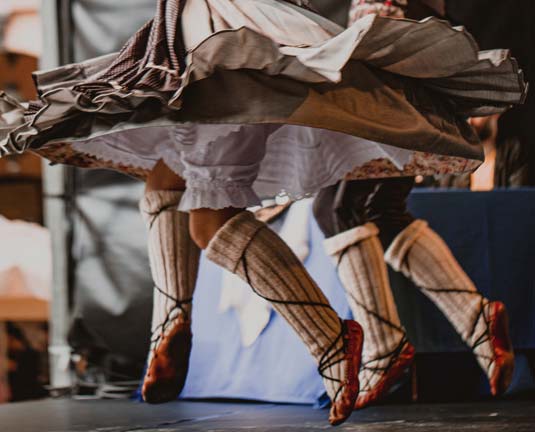Euskera and Basque culture
Euskera, at the heart of Donostia
There are two official languages – the Basque language or Euskera and Spanish – in Donostia/San Sebastián. Basque is an age-old language that is spoken in France and in Spain on both sides of the western Pyrenees. And it beats strongly in the heart of the people of San Sebastián.
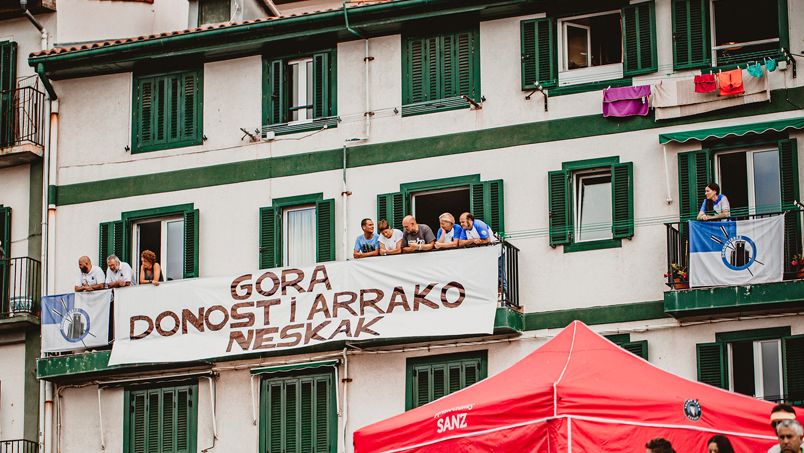
Why makes it so special? A unique language
Let’s start with a surprising fact: Basque is Europe’s oldest language. Its origin continues to be a mystery, even for researchers.
Basque is an isolated language, genetically speaking, from the linguistic perspective. In other words, it is not related to any other known language family. Three thousand years ago, it was surrounded by other non-Indo-European languages, but they gradually became extinct due to migratory movements. By the first millennium BC, Indo-European languages (such as the Germanic, Romance or Slavic) had spread throughout nearly the whole of the European continent.
Basque has managed to survive to this day!
Around one million people now speak it. And nearly half a million more understand it. Gipuzkoa has the largest number of bilingual people, with Basque speakers accounting for 57.37% of the population and a further 15.90% able to understand it.
San Sebastián stands out as the city where nearly half its residents speak Basque (46.01%) and 19.72% more can understand it.
The number of Basque speakers has increased by over 300,000 in recent decades
The language is gradually regaining its place in areas where it was not used in the past – or was even forbidden – such as the administration, education or the media. The language revival process in the Basque Country has also become a model to be followed internationally, thanks to the legal protection, language policies and the will of the people in the last forty years.
And have you heard conversations or read posters in Basque as you wander around the streets of San Sebastián?
If you would like to learn Basque, you will find this very useful: the MINI BASQUE DICTIONARY.
You can learn how to greet and thank people or order something in any establishment. But above all, to reach the hearts of the people from Donostia!
A unique story for a unique language
At the Irulegi archaeological dig in 2021 a bronze hand was found dating back more than 2,000 years, with the first word written in Basque: SORIONEKU, meaning blessed, fortunate. It's no coincidence that the first word in our language does not refer to any material concept, but rather to a feeling, an emotion. Perhaps it’s because our ancestors knew that what matters isn’t things, but how they make you feel. And how does Donostia make you feel?
Basque culture: to feel and dream it
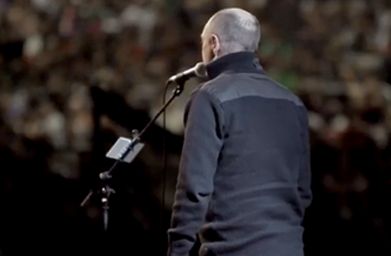
BERTSOLARITZA, the art of improvisation
One of the most unique expressions of Basque Culture. Bertsolaris improvise verses, in song, set to traditional rhymes and melodies. It requires ingenuity, mental skills and great mastery of the word. This tradition is today still very much alive thanks to the competitions and schools throughout the Basque Country.
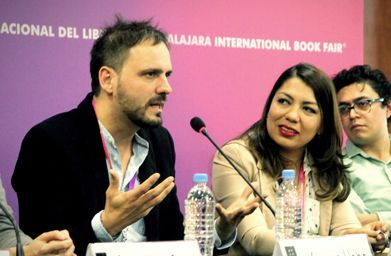
EUSKAL LITERATURA (Basque literature), one voice to tell the world
Even though its origins were strongly rooted in religion, Basque literature embraced new genres such as the novel in the 19th century. It is today written from freedom, with its own creative voices that cross borders.
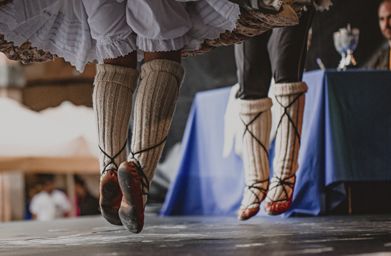
EUSKAL DANTZA (Basque dances), legacy in motion
Basque dances have been an essential part of social and religious life. Some of the dances performed at our festivities can be traced back over four hundred years. Thanks to the dances being deeply rooted in the culture and the passion to preserve them, the traditional repertoire is still very much alive… and continues to thrill. Quite a spectacle.
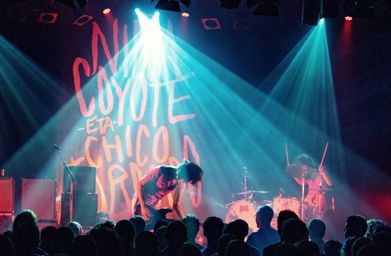
EUSKAL MUSIKA (Basque music), in every style
One of its great strengths is its diversity: you can listen to almost any style in Basque, from folk to pop, from rock to fusion. The lyrics are moving, call for change, or reinvent tradition, and are set to music played by unique instruments such as the alboka (hornpipe), the trikitixa (accordion), pandero (tambourine) and the txalaparta (percussion instrument).
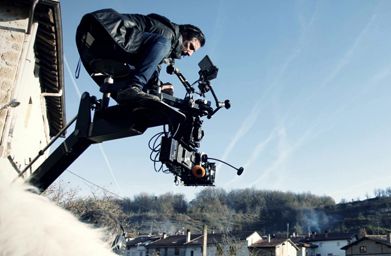
EUSKAL ZINEMA (Basque Cinema), an international trailblazer
Even though it is a relative newcomer, Basque cinema has gained local and international recognition and acclaim. From the earliest films with a Basque hallmark in the 1930s to the present with the San Sebastián International Film Festival as one of the leading events of the silver screen.
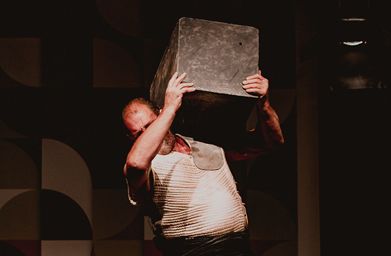
HERRI-KIROLAK (Basque rural sports), from the fields to the square
These traditional sports originated from the work in the Basque countryside, as challenges between neighbours to show their strength or skills: chopping tree trunks (aizkolaris), stone lifting (harrijasotzaileak), pulling of heavy loads by oxen… They now share the limelight with other very deep-rooted sports such as Basque pelota or trawler racing.
Would you like to know more?
